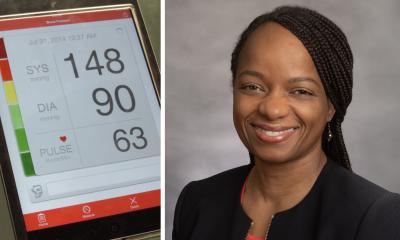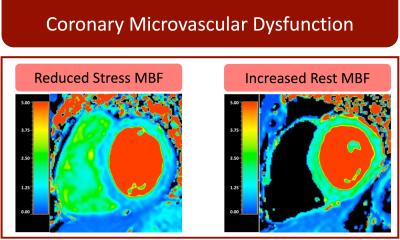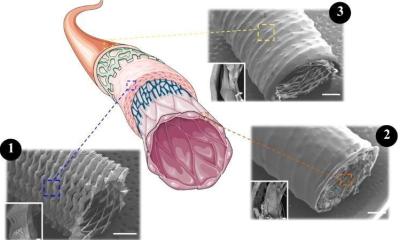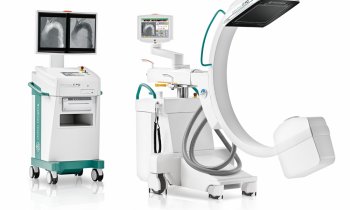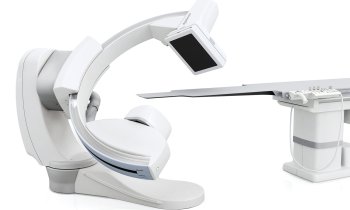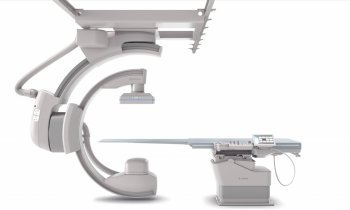Stents: Most patients don't receive stress tests to confirm need
Investigating the appropriate use of procedures to open narrowed coronary arteries, e.g. angioplasty and stenting, researchers at UCSF (University of California, USA) found that less than 50% of Medicare patients had documented non-invasive stress testing prior to elective percutaneous coronary intervention, or PCI (clinical name for these procedures).
The team analysed a 20% random sample of 2004 Medicare claims data, totalling 23,887 patients aged 65 years or older. The team found that 44.5% of the study population underwent stress testing within 90 days prior to receiving elective PCI.
PCI is often used to treat angina and ischemia, both of which occur when there is inadequate blood supply to a cardiac area. PCI can provide quicker relief than medical therapy alone, the researchers pointed out, but it also carries an increased risk of repeat revascularisation, late-stent thrombosis and a decreased quality of life if performed in patients with minimal symptoms.
‘With the increasingly widespread use of PCI in patients with stable coronary artery disease (CAD), it is important that the procedure is being done in patients for whom there is reasonable expectation of benefit, patients with documented ischemia or its symptoms,’ said Rita Redberg MD, corresponding author on the paper, who is a cardiologist at UCSF Medical Centre and Director of Women’s Cardiovascular Services at the UCSF National Centre of Excellence in Women’s Health*.
Patients with stable CAD now account for the majority of PCIs done in the USA, according to previous studies published in the journal Circulation. Given this shift, the researchers noted that guidelines have been published jointly by the American College of Cardiology, the American Heart Association and the Society for Cardiovascular Angiography and Intervention, which recommend that any vessels to be dilated for patients with stable angina must be shown to be ‘associated with a moderate to severe degree of ischemia on non-invasive testing’. Previous studies have shown that patients who receive PCI in accordance with these guidelines have better outcomes. ‘This means, in most patients who are not having a heart attack, a non-invasive stress test should take place before physicians decide to go forward with invasive procedures like stenting and angioplasty,’ said Grace Lin MD, lead author on the paper and associate adjunct professor of medicine at UCSF. ‘We undertook this study to scrutinise a common procedure, to learn how best to direct our resources.’
The researchers found that there was significant geographic variation in the rate of stress testing by hospital referral region, with rates ranging from a low of 22.1% to a high of 70.6%.
Patients who had a prior cardiac catheterisation were less likely to undergo stress testing prior to elective PCI.
The team also found that patient characteristics were associated with the likelihood of a patient receiving a stress test prior to PCI. Female gender, aged 85 years or older, and having co-existing illnesses, such as rheumatic disease, chronic obstructive pulmonary disease, congestive heart failure and CAD were associated with a decreased likelihood of stress testing prior to PCI. Yet, being of the black race and having a history of chest pain was associated with an increased likelihood of a stress test prior to PCI.
Patients of physicians who performed a higher volume of PCI procedures had slightly lower rates of stress testing. No hospital characteristics were associated with whether patients received stress testing, but taken together, hospital factors such as type of equipment, whether the facility had a cath lab, a cardiac surgery programme, or whether it was a teaching hospital, did associate with a higher likelihood of stress testing. ‘This tells us that where you live, who you see, what race and gender you are and what type of facility exists in your area, affects whether you will have a stress test prior to receiving a stent or angioplasty,’ said Dr Lin. ‘We want to understand why physicians make the decisions they make so we can improve care and encourage more evidence-based practice. Further studies will help elucidate these questions.’
*Additional co-authors: Adams Dudley MD, MBA, associate professor with the UCSF Philip R. Lee Institute for Health Policy Studies; FL Lucas PhD, researcher with the Centre for Outcomes Research and Evaluation at Maine Medical Centre; David J Malenka MD, professor in the Division of Cardiology at Dartmouth-Hitchcock Medical Centre, and Eric Vittinghoff PhD, adjunct professor in the UCSF Division of Epidemiology and Biostatistics.
The team’s findings were reported in the online ‘Journal of the American Medical Association’ (15/10/08) and at http://jama.ama-assn.org.
Source: Corinna Kaarlela, News Director, UCSF
21.11.2008



